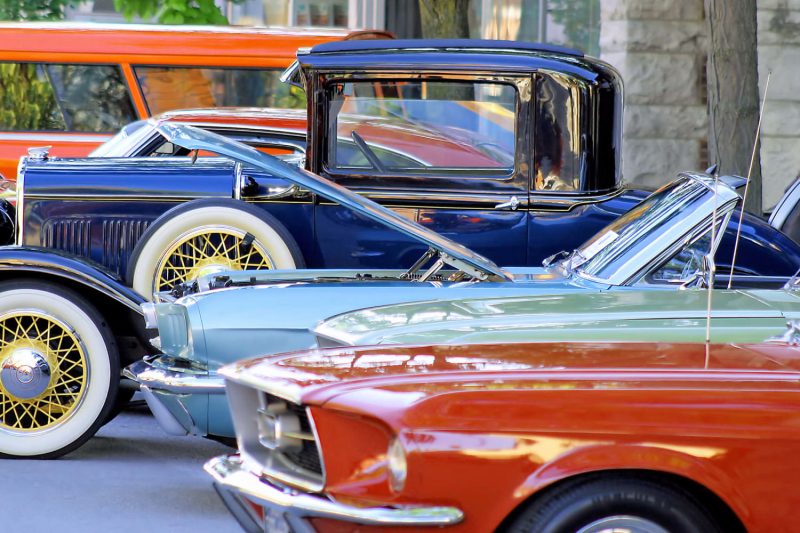Classic Car Sales Stall in Monterey Auctions as New Generation Takes Charge
The recent Monterey auction event provided a snapshot into the shifting landscape of classic car sales, with a discernible slowdown in traditional high-end transactions. The rise of a new generation of collectors who value different characteristics in vehicles and have diverse purchasing priorities is reshaping the market dynamics. With a particular focus on authenticity, provenance, and cultural significance, these newer enthusiasts are redefining the meaning of classic car collecting.
In contrast to the previous emphasis primarily on rare models or iconic brands, the younger cohort of buyers is showing a preference for vehicles that tell a story and have unique historical or cultural value. This trend is reflected in the types of cars that garnered the most attention at the Monterey auctions, with a notable shift towards vehicles associated with significant events or notable figures. Cars with documented histories and connections to popular culture have become sought after, as collectors increasingly seek pieces that resonate with their personal passions and interests.
One key factor influencing this shift is the growing popularity of social media and digital platforms among younger collectors, enabling them to access information, share experiences, and connect with like-minded individuals globally. The ability to research and showcase their collections online has opened up new avenues for enthusiasts to engage with classic cars beyond the confines of traditional auction houses. This digital age has fostered a sense of community and shared enthusiasm, driving interest in vehicles that encapsulate cultural significance or evoke nostalgia.
Additionally, the changing dynamics of the automotive landscape, including the rise of electric and autonomous vehicles, are also playing a role in shaping the preferences of younger collectors. As the industry moves towards a more sustainable and technologically advanced future, traditional classic cars are no longer seen as just symbols of luxury and prestige but also as reflections of a bygone era. This perspective has led to a reevaluation of what constitutes a valuable classic car, with emphasis now placed on the stories they tell and the emotions they evoke.
Amidst these transformations in the classic car market, established auction houses and sellers are adapting their strategies to cater to the evolving tastes of a new generation of buyers. Embracing transparency, authenticity, and digital engagement has become essential in attracting and retaining collectors who prioritize experiential value over financial worth. By acknowledging and responding to these changing dynamics, the classic car industry can continue to thrive and appeal to a wider audience of enthusiasts who appreciate the rich narratives and cultural heritage embodied by these iconic vehicles.
